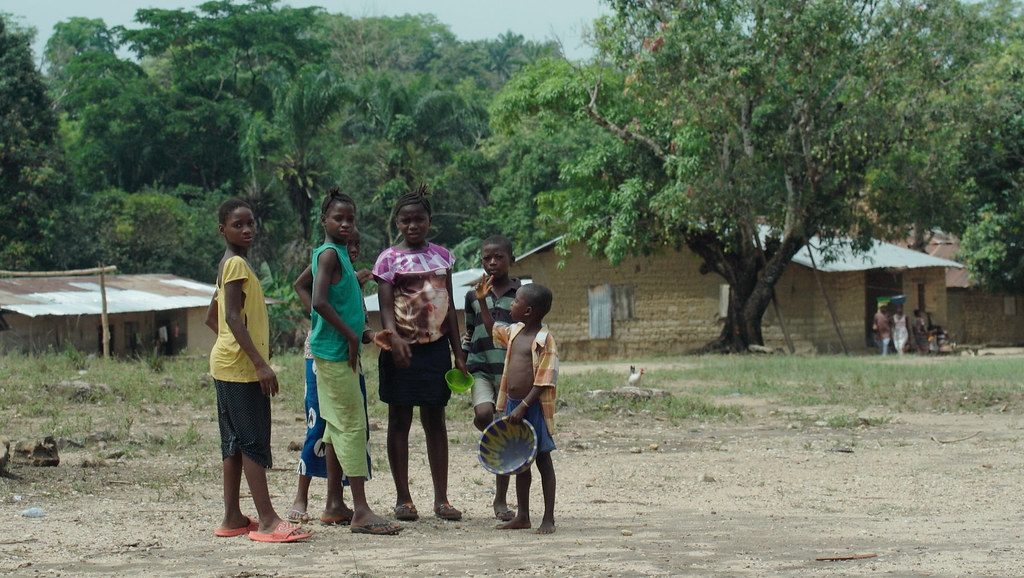Action on Children's Harmful Work in African Agriculture (ACHA)
ACHA offers an opportunity to strengthen the evidence base around harmful children's work in African agriculture, and the interventions that can reduce it.

Estimates suggest that there are 152 million child labourers worldwide, with around 70% working in the agricultural sector. The rate of child labour in Africa is the highest of all regions in the world, with the continent’s share of child labour globally increasing from 34.2% in 2012 to 52.4% in 2016.
To date however, aside from anecdotal evidence, there has been little understanding of the impact this has on children, or the harms they might have to endure as a consequence.
This new seven-year research programme, funded by the Department for International Development and involving Bath's Centre for Development Studies researchers, will initially explore children's work in Ghana, with a focus on their involvement in the cocoa sector, inland fisheries and vegetable production. It is currently assumed that the majority of children’s work in Africa is within the agricultural sector. However, the evidence base is very poor in regard to the prevalence of children’s harmful work in African agriculture; the distribution of children’s harmful work across different agricultural value chains, farming systems and agro-ecologies; the effects of different types of value chains and models of value chain coordination on the prevalence of harmful children’s work; and the efficacy of different interventions to address harmful children’s work. These are the areas that the research will address.
Addressing child labour is central to the UN Agenda 2030 commitment to ‘leave no one behind’, and to meeting the Sustainable Development Goals 8.7 commitment to eliminate child labour by 2025. To achieve these goals, action is urgently needed to improve understanding and scale-up effective interventions.
These issues will be central to Action on Children’s Harmful Work in African Agriculture (ACHA). This seven-year, £10m research programme will be led by the Institute of Development Studies at Sussex but will also involve the University of Bath, African Rights Initiative International, University of Bristol, University for Development Studies, Ghana, University of Ghana and the University of Sussex.
